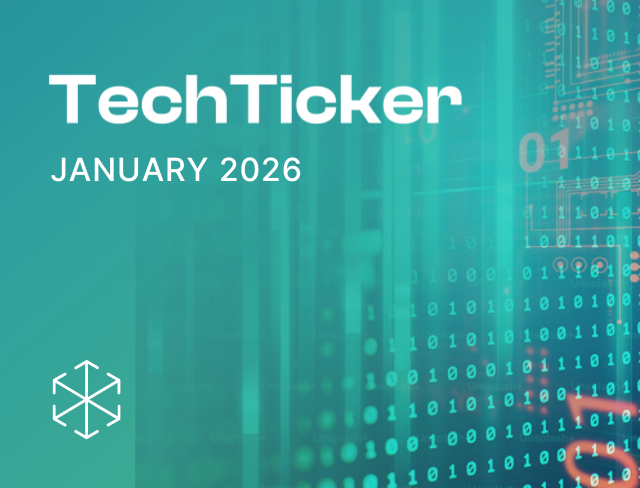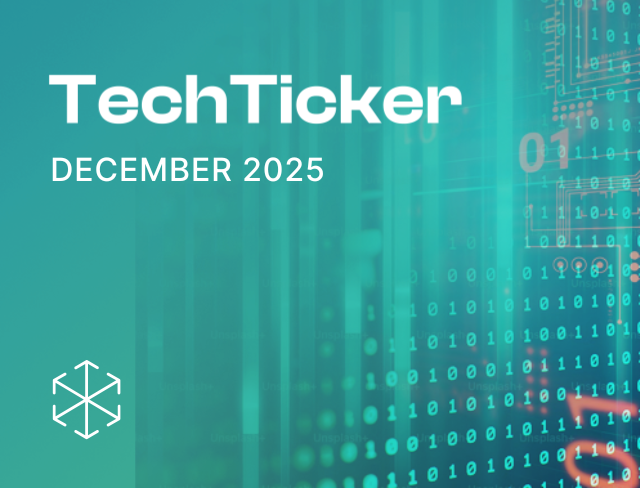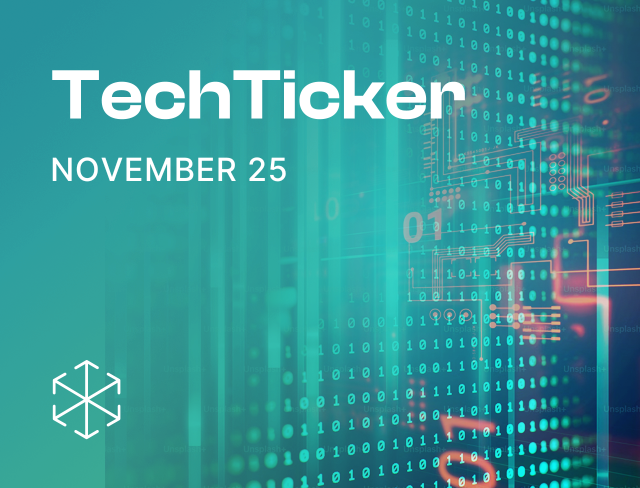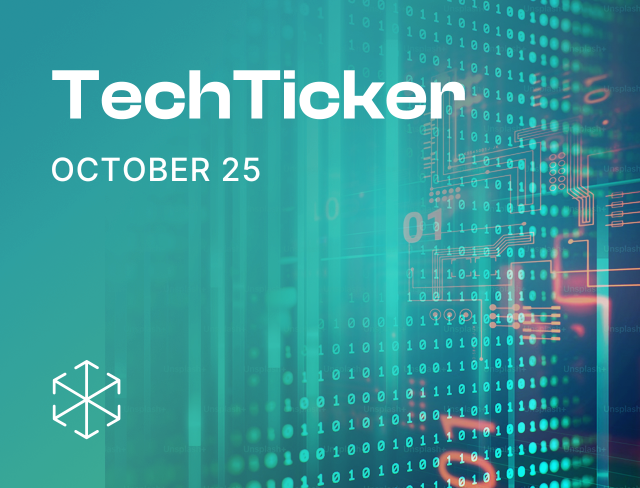TL;DR: The Promotion and Regulation of Online Gaming Act, 2025 (PROG Act) which came into force on the 1 October, 2025, fundamentally reshapes India's online gaming landscape. The PROG Act implements a comprehensive ban on Online Money Games (OMGs) while calling for the promotion of Online Social Games (OSGs) and e-sports. Our detailed readout of the PROG Act can be read here.
After the enactment, the Draft Promotion and Regulation of Online Gaming Rules, 2025 (the Draft), was released for public consultation by the Ministry of Electronics and Information Technology (MeitY) on the 2 October 2025, to implement the PROG Act. Key takeaways include:
(i) Establishment of the Online Gaming Authority of India (OGAI) with powers of a civil court, where the OGAI will maintain a publicly available national registry of OSGs and e-sports, and a blacklist of online games that are determined to be OMGs
(ii) Mandatory registration for e-sports and voluntary registration for online social games with OGAI, with certificates valid for up to five years;
(iii) Three-tier grievance redressal mechanism for users;
(iv) 90-day registration timeline for both e-sports and online social games from submission of application to the OGAI; and
(v) “Material changes” notification requirement mandating gaming providers to inform OGAI of any modifications to game features or revenue models that could reasonably alter the game's nature or potentially transform it into an online money game
Comments may be sent to these rules by the 31 October 2025, to ogrules.consultation@meity.gov.in.
Highlights of the Rules:
-
Overview: The Rules place the responsibility of promoting and regulating the online gaming industry in India to three key ministries - (i) MeitY serves as the nodal ministry overseeing the OGAI and overall sector regulation; (ii) Ministry of Information & Broadcasting (MIB) specifically handles online social games, including content guidelines and age-appropriateness standards (Rule 4(4)); and (iii) the Ministry of Youth Affairs and Sports (MYAS) promotes e-sports through training academies, research centres (Rule 3), and recognition of e-sports under the National Sports Governance Act, 2025 (Rule 13(3)).
-
Establishment and composition of the OGAI: The OGAI is established as a permanent corporate body headquartered in the Delhi-NCR region (Rule 5(3)). OGAI is chaired ex officio by an officer in the rank of Additional Secretary, MeitY, or, in their absence, an officer not below the rank of Joint Secretary designated by the Secretary, MeitY (Rule 6 (1)(a)). It includes three ex officio Members in the rank of Joint Secretary, representing the Ministries or Departments of the Central Government dealing with - (i) Information & broadcasting (Rule 6(1)(b)(i)); (ii) Youth Affairs & Sports, (Rule 6(1)(b)(ii)); and (iii) Financial Services (Rule 6 (1)(b)(iii)). Additionally, there are two ex officio Members not below the rank of Director, one of whom must possess special expertise in law (Rule 6(1)(c)).
-
Powers, Functions, and Oversight of the OGAI: The OGAI serves as the central regulatory body for overseeing online social games and e-sports. Its mandate spans classification, registration, compliance, and enforcement, ensuring that the online gaming ecosystem remains transparent, lawful, and safe for players. OGAI operates with a digital-first mandate (Rule 5(4)), capable of conducting all proceedings virtually without requiring physical presence.
a. OGAI’s powers include (Rule 10):
-
Game classification & registration: Decide if a game is an OMG and register and categorise online social games and e-sports. The OGAI determines whether a game is an online money game by examining whether money or stakes are involved, whether deposits act as consideration for participation or winning, whether prior deposits are a precondition, and whether rewards are redeemable as money (Rule 13). If a game is found to be an OMG, the provider must cease operations immediately, with advertising, facilitation and promotion are prohibited. These details are published on the OGAI’s website.
-
National Registry: Maintain a publicly available national registry of online social games and e-sports, and a blacklist of online games determined to be online money games.
-
Complaints & investigations: Inquire into complaints against games prejudicial to users’ interests.
-
Directions & enforcement: Issue directions/orders to any persons offering or facilitating online games, advertisements, financial transactions, and fund authorisations.
-
Guidelines & codes: Frame guidelines or codes of practice for online social games and e-sports in consultation with relevant ministries mentioned above.
-
Penalties & sanctions: Impose penalties for non-compliance and suspend or cancel registrations of games. Penalties may include monetary fines, suspension or cancellation of registration, or prohibition on offering or promoting games. The OGAI may act suo moto or on complaint, to cancel or suspend an online game. Providers are given 15 days to respond, and inquiries must conclude within 90 days.
-
Appeals: Hear appeals or references from the GAC. An appeal from the decision of the OGAI will lie with the Appellate authority, i.e. Secretary, MeitY with a 30-day limitation for filing such appeals.
-
Coordination: Work with financial institutions, law enforcement, regulators, and government agencies for enforcement.
-
Annual Report (Rule 25): Must prepare an annual report within 180 days of the close of the financial year documenting their work.
b. Registration of OSGs and e-sports:
-
Registration of e-sports and OSGs: It is mandatory for all e-sports games (Rule 15). To qualify, e-sports must first be recognized under the National Sports Governance Act, 2025. It is optional for OSGs (Rule 14). The Application process is digital.
-
Registration disclosure requirements (Rule 12): (i) Detailed game descriptions and target demographics; (ii) Revenue models and user safety features; (iii) Internal grievance redressal mechanisms; and (iv) Undertakings confirming compliance with applicable laws.
-
Registration validity and terms: Certificates of registration are valid for five years (Rule 16(2)), with providers obligated to report any material changes—including updates in features or revenue models that could alter the game’s nature or financial interactions (Rule 17 (1)).
-
Registration suspension: Suspension may be ordered pending inquiry, for false statements in registration, failure to pay penalties, non-compliance with directions, or violations of law (Rule 19). Suspension orders must be reviewed every 30 days.
-
Registration cancellation: OGAI may suspend (Rule 18) or cancel (Rule 19) registration in cases of violations, false disclosures, or transformation of a game into an online money game. Registration may be cancelled if a game undergoes material change into a money game, repeatedly violates directions, fails to meet recognition requirements under the National Sports Governance Act, 2025, or violates the Act or any applicable law (Rule 18). Cancellation leads to loss of incentives under the Act/Rules and for e-sports also opens potential liability under the National Sports Governance Act, 2025.
-
Grievance Redressal Mechanism: The Rules mandate a three-tier grievance system for comprehensive user protection: (i) Tier 1: Internal grievance officers within gaming platforms handle initial complaints (Rule 23 (1)); (ii) Tier 2: Grievance Appellate Committee (GAC) addresses unresolved disputes within 30 days (Rule 23 (3)); (iii) Tier 3: OGAI serves as the final appellate authority, also resolving appeals within 30 days (Rule 23 (6)). “GAC” refers to the committee constituted under the Information Technology (Intermediary Guidelines and Digital Media Ethics Code) Rules, 2021 (IT Rules, 2021), to hear appeals against the decisions made by grievance officers of intermediaries.
Author credits: Ikigai Law Team
Image credits: Pixabay
For any questions, please reach out to us at contact@ikigailaw.com










